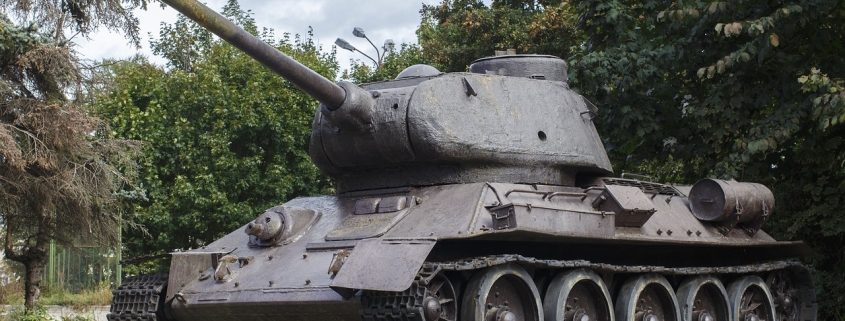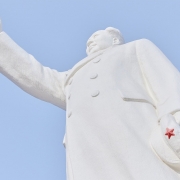What is the Warsaw Pact?
Topic of Study [For H2 and H1 History Students]:
Paper 1: Understanding the Cold War (1945-1991)
Section A: Source-based Case Study
Theme I Chapter 1: Emergence of Bipolarity after the Second World War II
The Warsaw Treaty: A pact; A commitment
On 14 May 1955, the Soviet Union and seven other Eastern European nations (Albania, Poland, Romania, Hungary, East Germany, Czechoslovakia and Bulgaria) signed the Warsaw Treaty, which officiated the creation of the Warsaw Pact. This Pact represents a mutual defense grouping that worked under the leadership of the Soviet Union.
The Warsaw Treaty, which was also known as the Treaty of Friendship, Co-operation and Mutual Assistance, was signed right after West Germany joined the North Atlantic Treaty Organisation (NATO). Both NATO and the Warsaw Pact stood on opposing ends of the Cold War, establishing the Western and Eastern blocs respectively.
Article 4
In the event of armed attack in Europe on one or more of the Parties to the Treaty by any state or group of states, each of the Parties to the Treaty, in the exercise of its right to individual or collective self-defence in accordance with Article 51 of the Charter of the United Nations Organization, shall immediately, either individually or in agreement with other Parties to the Treaty, come to the assistance of the state or states attacked with all such means as it deems necessary, including armed force. The Parties to the Treaty shall immediately consult concerning the necessary measures to be taken by them jointly in order to restore and maintain international peace and security.
An excerpt from the Warsaw Pact Treaty, 14 May 1955.
As seen from Article 4 of the Warsaw Treaty, all members of the Warsaw Pact were obligated to aid any individual member that was attacked or threatened by an external aggressor. This Article is similarly applied in the North Atlantic Treaty under Article 5.
Keeping the satellite states in line
The Warsaw Pact’s main objective was to consolidate power for the Soviet Union. Notably, the Pact authorised Soviet troops to be stationed in the satellite states, discouraging any member nation from exiting the Eastern bloc.
Yet, the Warsaw Pact was put to the test a year after its formation, as seen in the 1956 Hungarian Revolution. Likewise, the Pact was invoked once more in Czechoslovakia in response to the 1968 Prague Spring.
[Nagy] announced formally that Hungary would quit the Warsaw Pact and would ask the four Great Powers to guarantee Hungary’s neutrality ‘with immediate effect’.
Hungary’s neutrality declaration continues to puzzle historians. There are some in Russia – no apologists for the Communist era – who argue that it was the last straw for the Kremlin, the move that convinced the Soviets to send the tanks rolling back into Budapest. Leaving the Warsaw Pact was a desperate gamble but the logic was simple. It would remove the Soviets’ treaty rights to intervene in Hungary. Legally, instead of offering assistance to an ally, they would be attacking an independent, sovereign state.
An excerpt from “Twelve Days: Revolution 1956. How the Hungarians tried to topple their Soviet masters” by Victor Sebestyen.
However, the Pact was not a complete success as seen by the withdrawal of Albania in 1968, which intensified the Sino-Soviet split.
What can we learn from this article?
Consider the following question:
– How far do you agree that the Warsaw Pact was an organisation formed primarily for defense?
Join our JC History Tuition to learn more about the Cold War. The H2 and H1 History Tuition feature online discussion and writing practices to enhance your knowledge application skills. Get useful study notes and clarify your doubts on the subject with the tutor. You can also follow our Telegram Channel to get useful updates.
We have other JC tuition classes, such as JC Math Tuition and JC Chemistry Tuition. For Secondary Tuition, we provide Secondary English Tuition, Secondary Math tuition, Secondary Chemistry Tuition, Social Studies Tuition, Geography, History Tuition and Secondary Economics Tuition. For Primary Tuition, we have Primary English, Math and Science Tuition. Call 9658 5789 to find out more.











